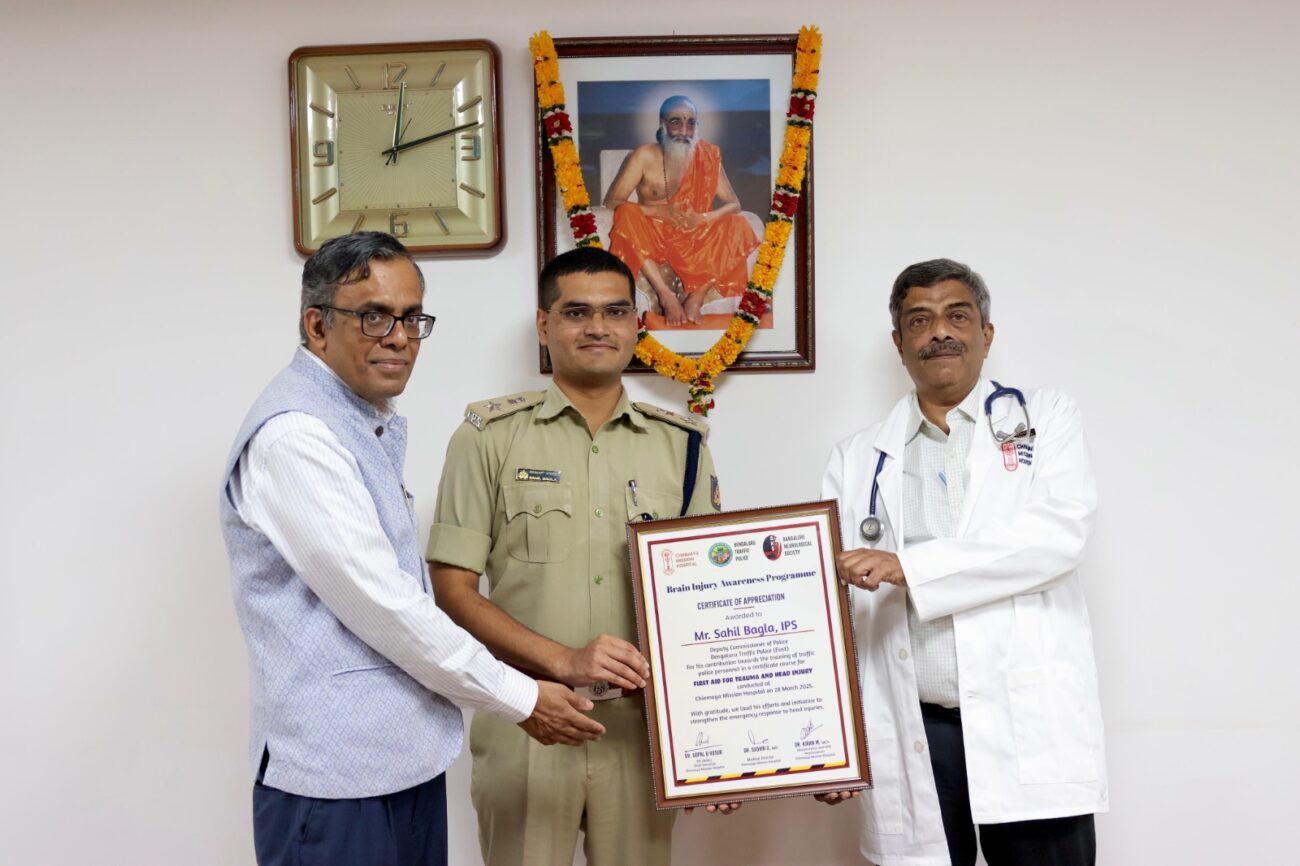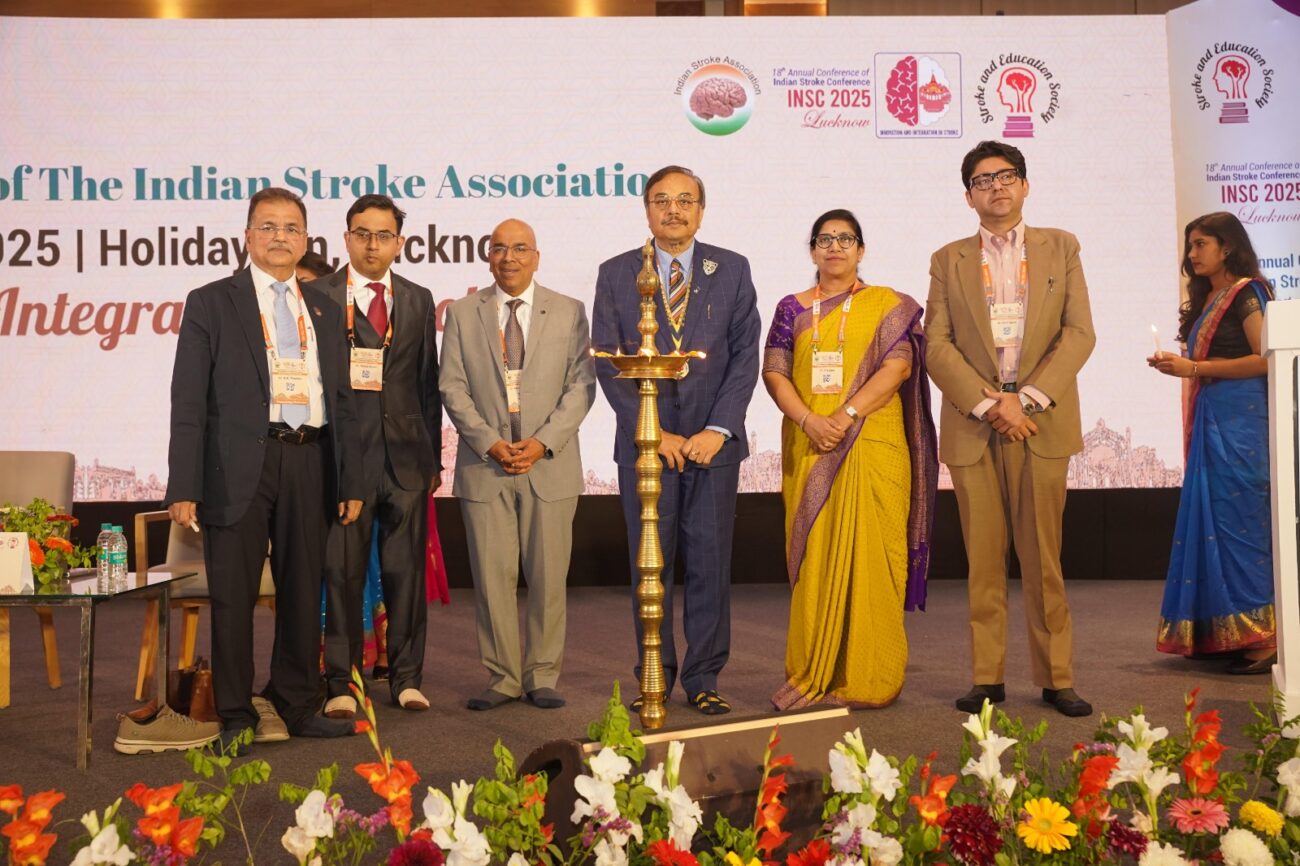Unraveling the Consequences of Post-COVID Lung Fibrosis: Treatment Advances and StemRx Bioscience Solution
Dr Pradeep Mahajan, Regenerative Medicine Researcher & Founder of StemRx BioScience Solutions India. In the wake of the COVID-19 pandemic, the world witnessed an unprecedented health crisis that affected millions of lives. While many individuals recovered

Dr Pradeep Mahajan, Regenerative Medicine Researcher & Founder of StemRx BioScience Solutions India.
In the wake of the COVID-19 pandemic, the world witnessed an unprecedented health crisis that affected millions of lives. While many individuals recovered from the infection, some continue to experience long-term complications. One such complication is post-COVID lung fibrosis, a condition characterized by scarring and damage to the lung tissues. The air-carrying capacity of the lungs reduces remarkably due to which air ventilation gets affected. More than 40% of the patients who were affected by COVID are suffering from lung fibrosis. In this article, we will delve into the causes, symptoms, and treatment options for post-COVID lung fibrosis, with a focus on the innovative approach offered by StemRx Bioscience.
Understanding Post-COVID Lung Fibrosis
Post-COVID lung fibrosis occurs when the respiratory system experiences severe damage due to the SARS-CoV-2 virus. The virus triggers an immune response, causing inflammation in the lungs. Over time, this inflammation can lead to the formation of excess scar tissue, impairing lung function and leading to persistent respiratory symptoms. Symptoms of post-COVID lung fibrosis often include shortness of breath, persistent cough, fatigue, chest discomfort, and a decrease in exercise tolerance. These symptoms can significantly impact an individual’s quality of life and daily activities.
Treatment Approaches
Treating post-COVID lung fibrosis requires a multidisciplinary approach, involving pulmonologists, respiratory therapists, and other healthcare professionals. Several treatment modalities can help manage symptoms, slow down disease progression, and improve lung function.
- Medications: Doctors may prescribe anti-inflammatory drugs, such as corticosteroids. Other medications, such as antifibrotic agents, can also be used.
- Oxygen Therapy: Patients with severe lung fibrosis may require supplemental oxygen therapy to ensure adequate oxygen levels in the bloodstream.
- Pulmonary Rehabilitation: This comprehensive program includes exercise training, breathing techniques, and education to improve lung function and overall physical endurance.
- Lung Transplantation: In severe cases where conservative treatments fail, lung transplantation may be considered a last resort to improve lung function and quality of life.
StemRx Bioscience is an innovative biotechnology company dedicated to developing cutting-edge solutions for regenerative medicine. In the context of post-COVID lung fibrosis, StemRx Bioscience has made significant strides in utilizing Mesenchymal cell therapy as a potential treatment option. Mesenchymal cell therapy involves the administration of bone marrow cells, which have the unique ability to differentiate into various types of cells, promoting tissue repair and regeneration. StemRx Bioscience has developed a proprietary cell-based product that aims to harness the regenerative potential of mesenchymal cells to repair the damaged lung tissues caused by post-COVID lung fibrosis. Through ongoing clinical trials and research collaborations, StemRx Bioscience aims to evaluate the safety and efficacy of its cell-based therapy in managing post-COVID lung fibrosis. Early preclinical and clinical data show promising results, suggesting the potential of this innovative approach in improving lung function and quality of life for affected individuals.
Conclusion:
Post-COVID lung fibrosis represents a significant long-term consequence for some individuals who have recovered from COVID-19. While treatment options currently focus on symptom management and disease progression, innovative approaches like Mesenchymal cell therapy offered by StemRx Bioscience provide hope for a potential breakthrough in the treatment of this debilitating condition. As research and development continue, it is crucial to foster collaboration between scientists, healthcare professionals, and biotechnology companies to advance the field of regenerative medicine and improve the lives of those affected by post-COVID lung fibrosis.






